Dhaka, 24 July - In response to the violent clashes and widespread unrest surrounding the quota reform movement, internet services were suspended across Bangladesh from the night of July 18 to July 23. The following summarizes the key events that unfolded during this period.
July 18
The students' "complete shutdown" demanding quota reform began, leading to violent clashes between protesters, law enforcement, and government supporters in various locations, including Dhaka. Casualties were reported in Uttara, Dhanmondi, Badda, and Mohammadpur.
Miscreants set fire to government buildings, including Setu Bhawan, the Bangladesh Road Transport Authority (BRTA) building, and the Disaster Management Bhawan in Mahakhali. Hundreds of vehicles were torched, and the state broadcaster Bangladesh Television (BTV) was set on fire, halting its broadcast for 12 hours. Protesters attacked and injured police officers, who were later rescued by a Rapid Action Battalion (RAB) helicopter.
The Border Guard Bangladesh (BGB) was deployed nationwide, and broadband internet service was halted due to reported damage to the government’s data center.
July 19
The government imposed a curfew and deployed the army to restore order. The curfew initially ran from 12:00 PM Friday to 12:00 PM Saturday and was extended with a two-hour break. The army supported the civil administration during this period.
Arson attacks continued, with miscreants targeting Kazipara and Mirpur metro rail stations, the Elevated Expressway toll plaza, and Narsingdi District Jail, leading to the escape of 826 prisoners, including high-profile criminals.
In a late-night meeting, quota movement coordinators disavowed violence but insisted on continuing their protests until demands were met.
July 20
The curfew persisted, with the army maintaining order. Despite the curfew, attempts to block roads and clashes with law enforcement occurred in Dhaka's Jatrabari, Uttara, Badda, and Mirpur areas.
The government declared a general holiday from July 21 to 23 to ease tensions.
July 21
The Supreme Court quashed the High Court’s verdict on government job quotas, directing a new quota system: 93% merit-based, 5% for freedom fighters' children, 1% for minorities, and 1% for disabled and third-gender individuals. The government was instructed to issue a corresponding notification.
A joint statement from anti-discrimination student movement coordinators called for a continued shutdown.
July 22
Prime Minister Sheikh Hasina approved the new quota system. In a meeting with business leaders, she condemned the use of students by terrorists and assured strict action against the agitators.
Clashes in Jatrabari ceased as law enforcement regained control. The Home Minister reported three police deaths and 117 injuries due to the violence.
July 23
The Ministry of Public Administration issued a notification formalizing the new quota system and canceling the 2018 notification. Limited broadband internet service was restored, but mobile internet remained suspended.
The violence resulted in attacks on various government buildings and public infrastructure:
- The BTV building and numerous government offices and facilities were set ablaze.
- Vehicles, including those of ordinary citizens, were torched.
- Extensive damage was reported to the metro rail system, police stations, and other public infrastructure.
- Law enforcement officers and civilians were killed or injured in the violence.
The quota reform movement has led to unprecedented anarchy, resulting in extensive property damage, loss of lives, and severe disruption of public services. The government continues efforts to restore order and ensure the safety of its citizens.



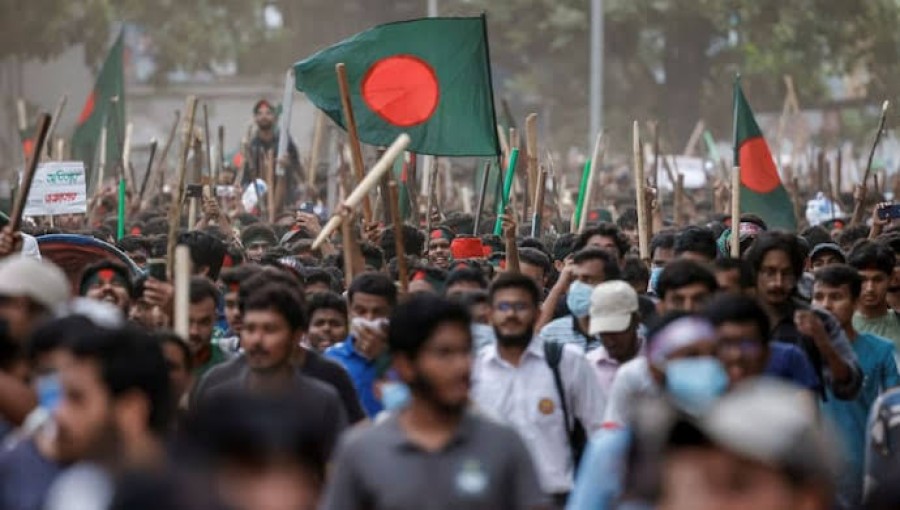
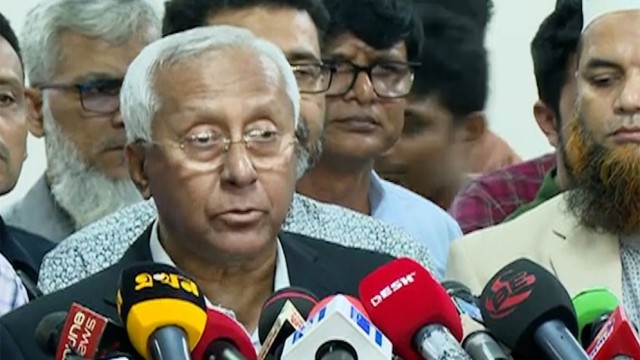
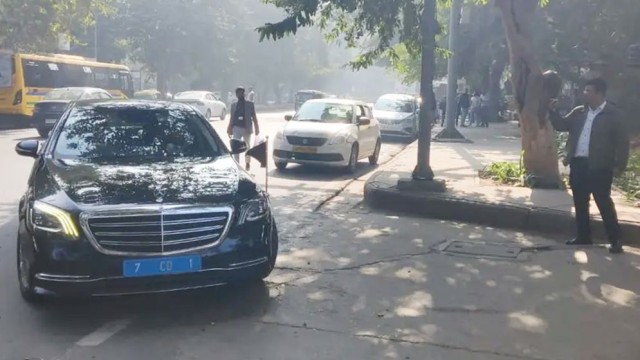
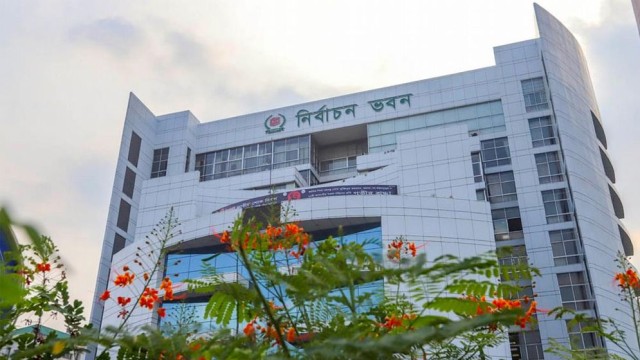
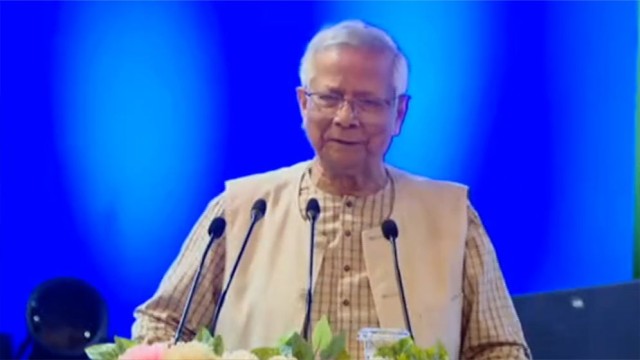
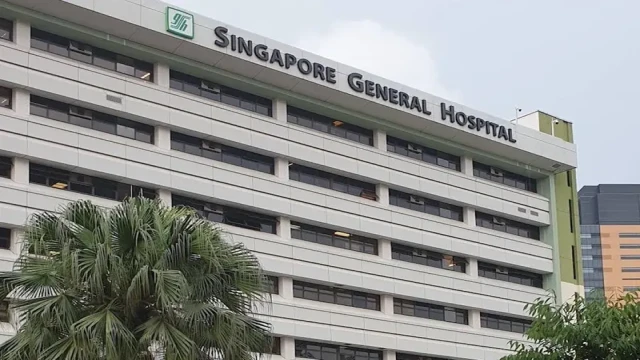
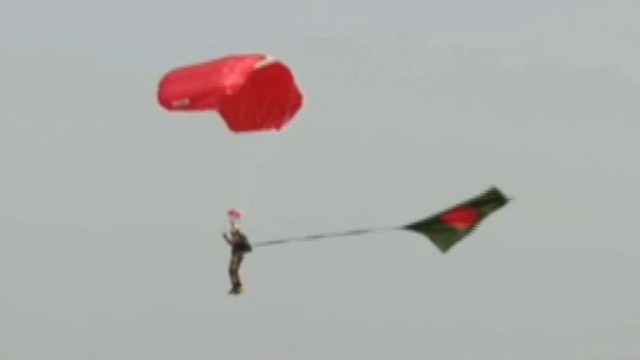
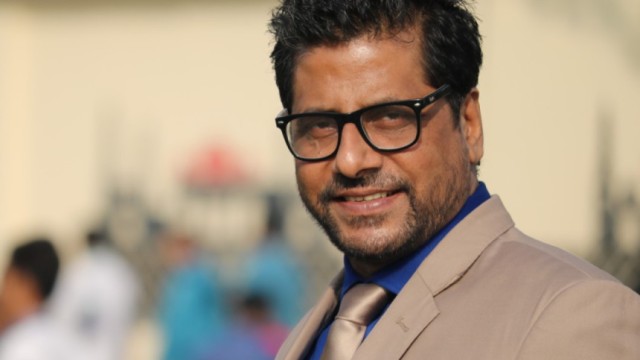
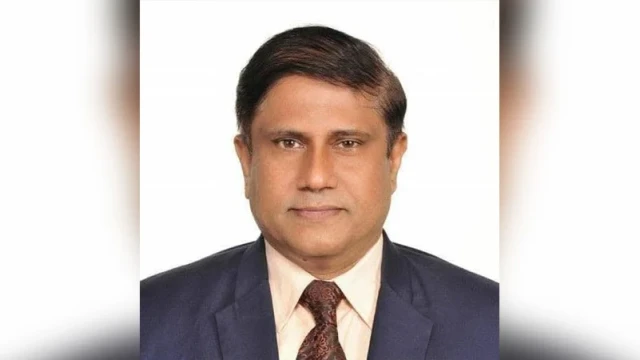
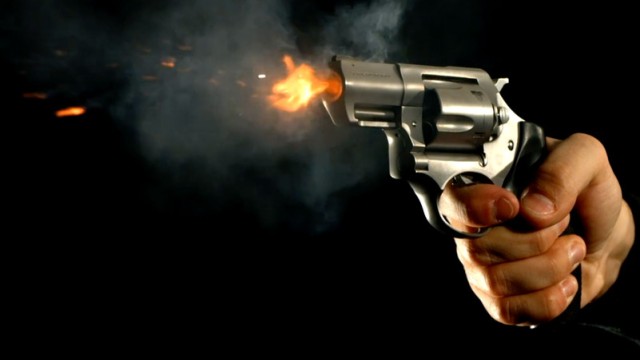
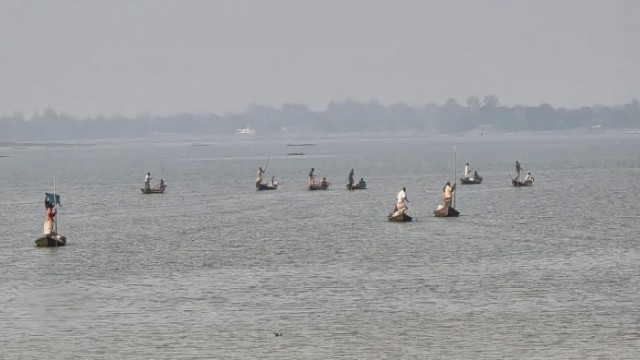
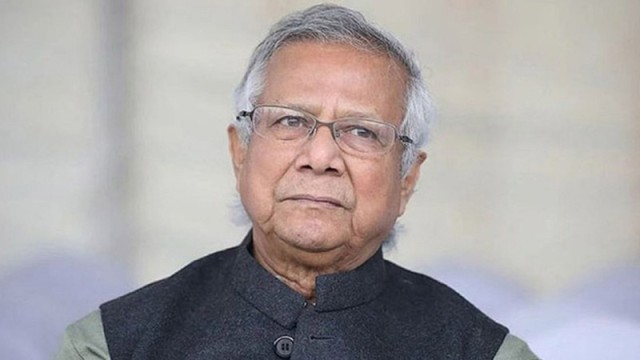
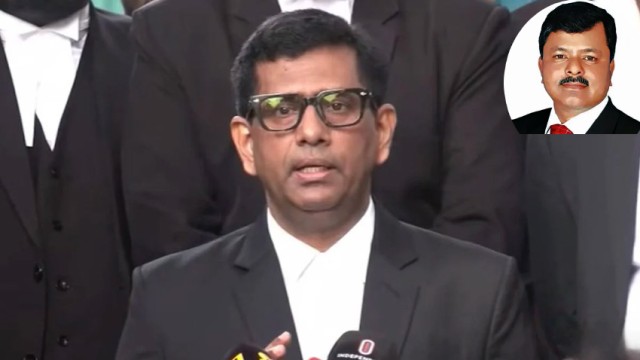
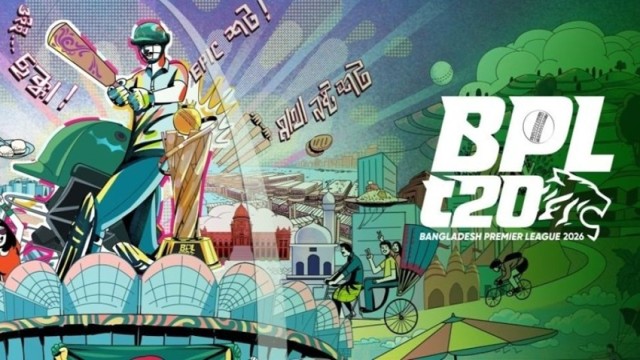
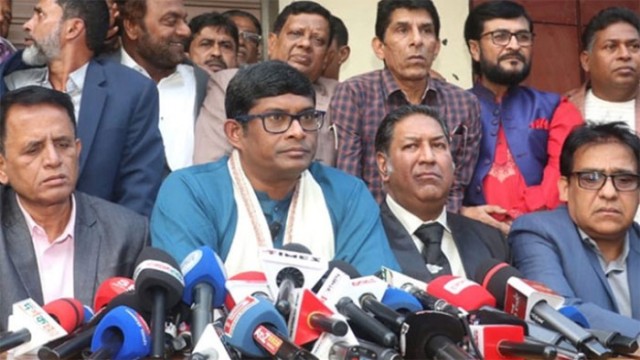
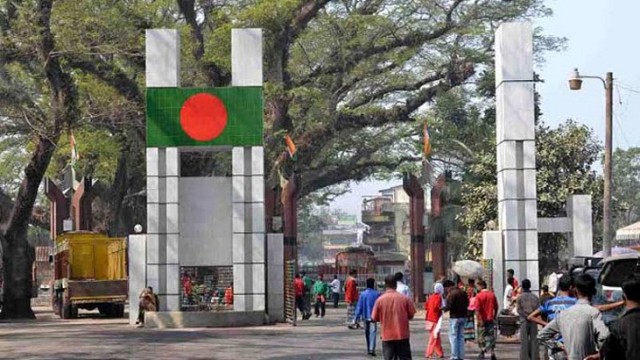


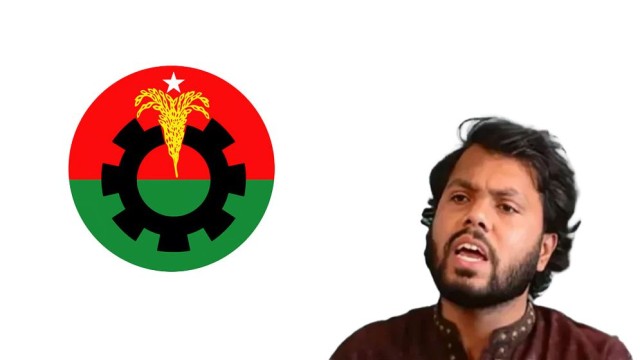
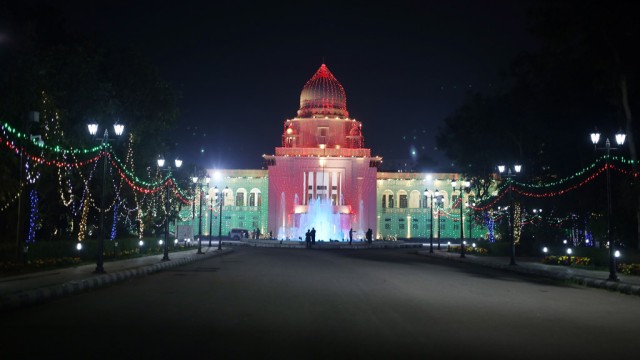
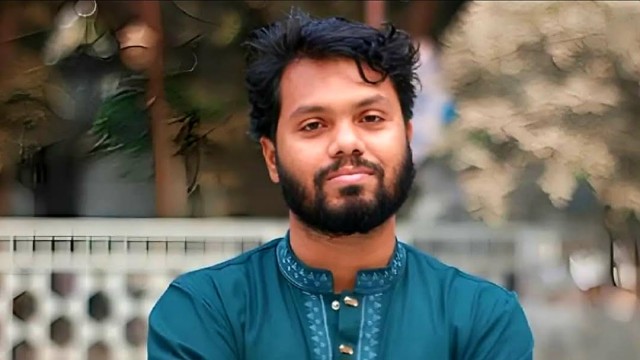
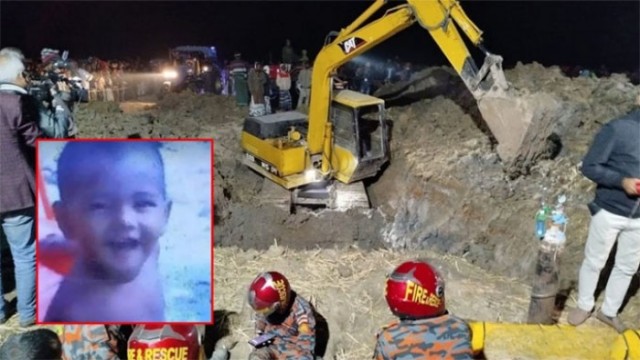
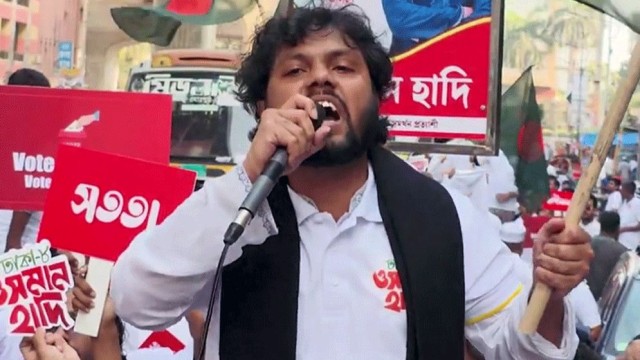
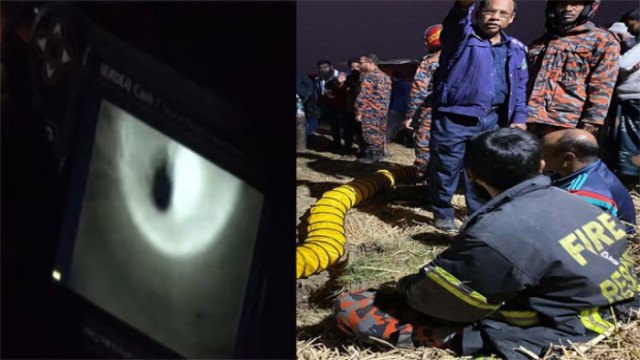
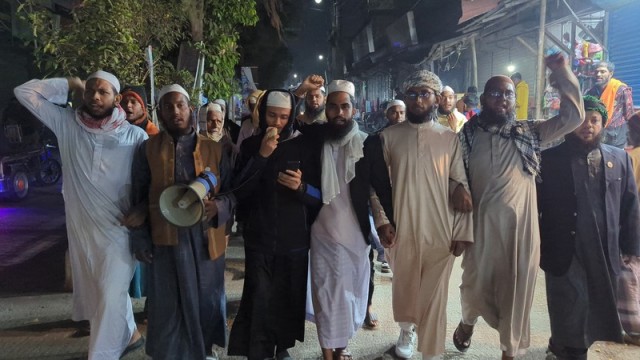
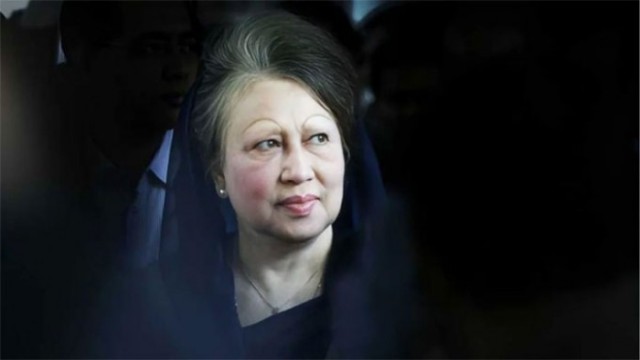
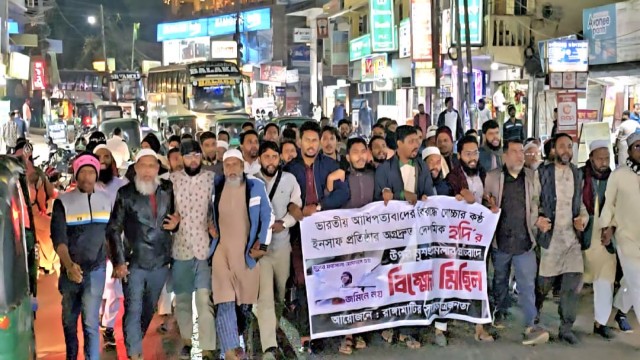

Comment: